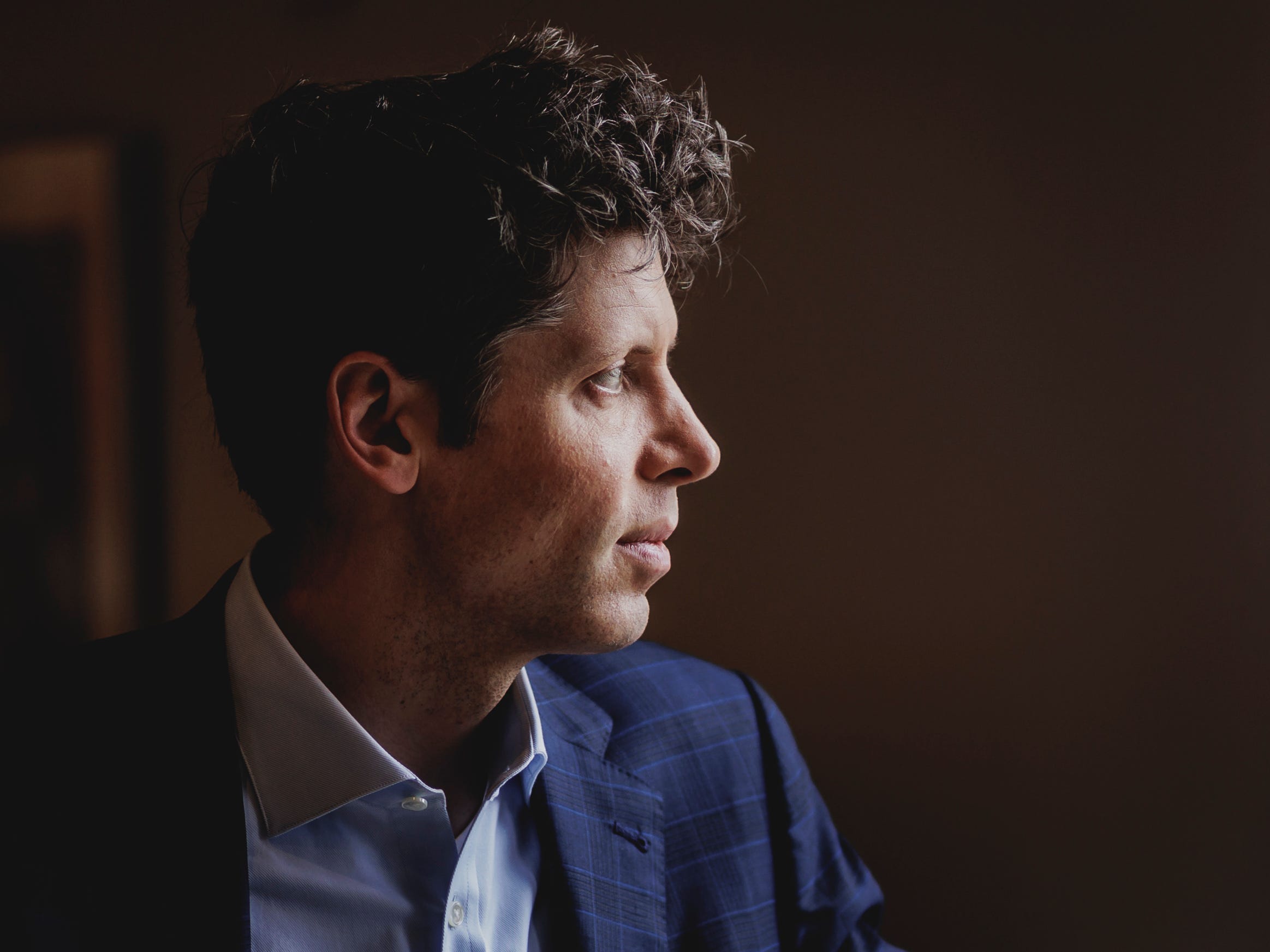
Florian Gaertner/Photothek via Getty Images
- Funding for legal tech is off to a $320 million start this month.
- The money is gushing in, even as key questions remain.
- What happens if the AI companies powering the software-as-a-service market compete in legal tech?
A startup that reviews contracts for legal teams, another that drafts agreements directly in Word, and a third that writes demand letters for personal-injury lawyers all reported new funding rounds this week. Their shared strategy is to build products that are OpenAI-proof.
Since the first lawyer ran a chatbot query, investors and analysts have asked how startups building tools for lawyers can survive in a world where general-purpose AI is “good enough” for basic legal work. There are whispers that junior lawyers are using Claude to draft memos and law firms are buying ChatGPT licenses.
Those fears flared again last week, when OpenAI blogged about a set of internal tools — contract and sales helpers among them — that it uses to run its own business. For years, OpenAI has powered the software-as-a-service ecosystem. The blog post raised a question: could it one day compete with the very startups it now enables?
To be sure, OpenAI hasn’t released these tools publicly. It also has a vested interest in the success of legal tech. OpenAI was the first investor in Harvey, which now provides tools to nearly half of the 100 highest-grossing law firms in the country. But the damage was done. Headlines about OpenAI’s internal “DocuGPT” coincided with a double-digit drop in DocuSign’s stock, sending fresh jitters across the software industry.
In legal tech, the money is chasing moats: firms with narrow domains and specific use cases where startups can out-specialize a general-purpose AI.
Ryan Daniels isn’t losing sleep over OpenAI. His company, Crosby, doesn’t sell software to review contracts. It does the work itself. The startup utilizes large language models to review routine master service agreements for legal teams, cutting turnaround times to under an hour. For now, it’s focused on startups, but Daniels said its pipeline of large enterprises is growing.
Because Crosby acts more like a service provider than a software vendor, Daniels said OpenAI would have to hire many more lawyers and paralegals — the individuals who review Crosby’s work before it goes out to clients and help train its triage model — to compete directly.
“On some level, I think everybody should be worried about OpenAI,” Daniels said on Wednesday. “But we work closely with their teams on the startup side. They’re just trying to help us build better applications on top of their platform.”
On Wednesday, Crosby announced a fresh $20 million early-stage round led by Bain Capital Ventures and Index Ventures. Daniels said he wasn’t looking to raise again months after closing a seed round, but investors called Crosby first.
Also on Wednesday, EvenUp, an early mover in building tools for personal-injury lawyers, announced a $150 million Series E. Its rival, Eve, which serves a broader range of plaintiff firms, said last week it raised $103 million in Series B funding. And on Thursday, Spellbook, a contract-drafting and analysis tool, closed $50 million in a Series B led by early Airbnb investor Keith Rabois.
Spellbook’s bet is depth over breadth, focusing on contract review as a single, hard problem. Could a savvy lawyer cobble together a custom GPT for contracts? Perhaps. Founder Scott Stevenson doubts it would surpass a Word plug-in that Spellbook says is sharpened on 10 million contracts and tuned to a firm’s house style.
The bigger threat is that infrastructure providers will go from powering the software-as-a-service market to cannibalizing it. OpenAI built a “contract data agent” for its finance teams, which it says cuts review time in half. Microsoft could also blunt Spellbook’s or Crosby’s edge by pushing Copilot deeper into contract workflows.
OpenAI did not respond to a request for comment from Business Insider.
Jennifer Berrent, the former WeWork lawyer who now runs a tech-enabled firm reviewing fund documents for private market investors, shrugs off the doom. She said clients don’t expect ChatGPT to have deep, domain-specific expertise.
“There was a time when startups would pitch every VC saying, ‘Google could build that.’ It’s true that Google could build anything,” Berrent said, “but they couldn’t build everything.”
OpenAI will have to pick its battles. Billions in bets hinge on the gamble that it won’t pick legal tech.
Have a story about using AI for legal? Contact this reporter via email at [email protected] or Signal at @MeliaRussell.01. Use a personal email address and a non-work device; here’s our guide to sharing information securely.
Read the original article on Business Insider
The post Inside the battle in legal tech to ‘OpenAI-proof’ its business appeared first on Business Insider.




